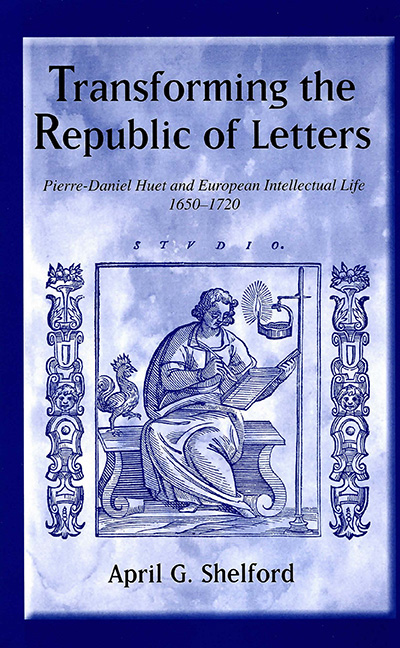Book contents
- Frontmatter
- Dedication
- Contents
- List of Illustrations
- Acknowledgments
- Introduction
- Chapter 1 The Road to Parnassus, 1648–61
- Chapter 2 The Lives of Poems, 1653–63
- Chapter 3 The Empire of Women, 1651–89
- Chapter 4 The Gate of Ivory, 1646–90
- Chapter 5 Defending Parnassus, 1666–92
- Conclusion A Dialogue with the Future
- Notes
- Selected Bibliography
- Index
Chapter 1 - The Road to Parnassus, 1648–61
Published online by Cambridge University Press: 11 May 2017
- Frontmatter
- Dedication
- Contents
- List of Illustrations
- Acknowledgments
- Introduction
- Chapter 1 The Road to Parnassus, 1648–61
- Chapter 2 The Lives of Poems, 1653–63
- Chapter 3 The Empire of Women, 1651–89
- Chapter 4 The Gate of Ivory, 1646–90
- Chapter 5 Defending Parnassus, 1666–92
- Conclusion A Dialogue with the Future
- Notes
- Selected Bibliography
- Index
Summary
Le coeur humain est un abysme d'une profondeur, où la fonde ne peut aller, c'est un mystere impenetrable aux plus éclairez
—René RapinThe Last Citizen of the Republic of Letters
The old bishop worried about his posthumous reputation. In his final decade, Pierre-Daniel Huet devoted three books to shaping his legacy: an anthology of selected correspondence and short scholarly treatises, an autobiography, and a miscellany of essays. All are rich sources for scholars of the seventeenth century. Yet to the degree that they were autobiographical, they were difficult works for Huet to compose. His dilemma emerges most clearly in the autobiography, Commentarius de rebus ad eum pertinentibus (1718). Huet had trouble finding an appropriate model. He strove to reconcile contradictory objectives, justify the endeavor to himself, and anticipate likely criticisms. Only with difficulty—and only at the conclusion—did he finally secure a “specific retrospective point of view” that enabled him to put an “interpretive meaning on his past.” Only then did he fully subsume self-promotion into selflessness by commemorating the intellectual community he had served so long and well.
Initially, Augustine's Confessions was Huet's model. This choice reflects how, after Petrarch, Augustine became “the paradigm for all representations of the self in a retrospective literary structure.” The spiritual autobiography was also the most evolved and acceptable way of speaking about one's self in the seventeenth century. Was any model more appropriate for a bishop writing an autobiography than the autobiography of a bishop who had invented the genre? In his first paragraph, then, Huet solemnly and eloquently invoked the example of Augustine, who ascribed anything laudable in himself to God's beneficence and any evil to his own agency. Augustine's Confessions had long inspired Huet to “wipe away the filth of my early life,” a need he felt more urgently after a near-fatal illness. But he had another reason to write: Every day, friends entreated him to write his life story to preserve the memory of the era's leading intellectuals. He ended the brief introduction with a prayer for God's help to undertake the work humbly and gratefully.
- Type
- Chapter
- Information
- Transforming the Republic of LettersPierre-Daniel Huet and European Intellectual Life, 1650–1720, pp. 13 - 44Publisher: Boydell & BrewerPrint publication year: 2007

